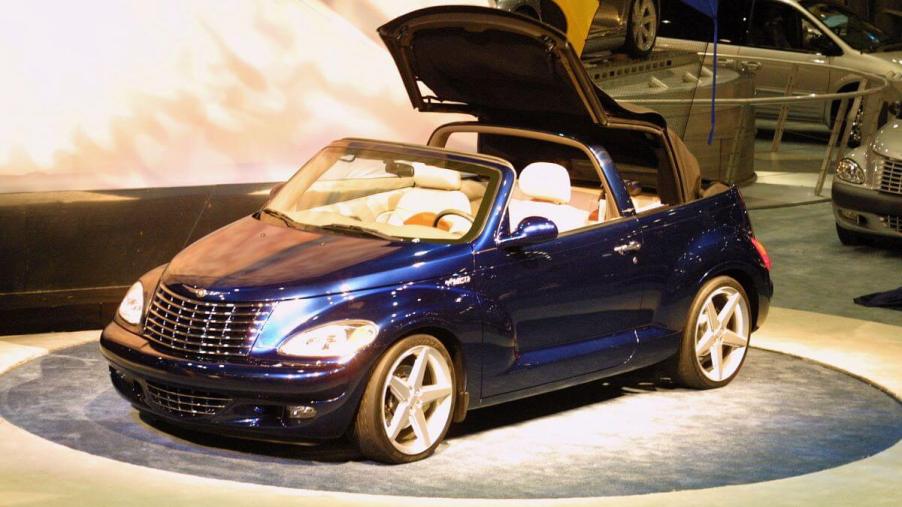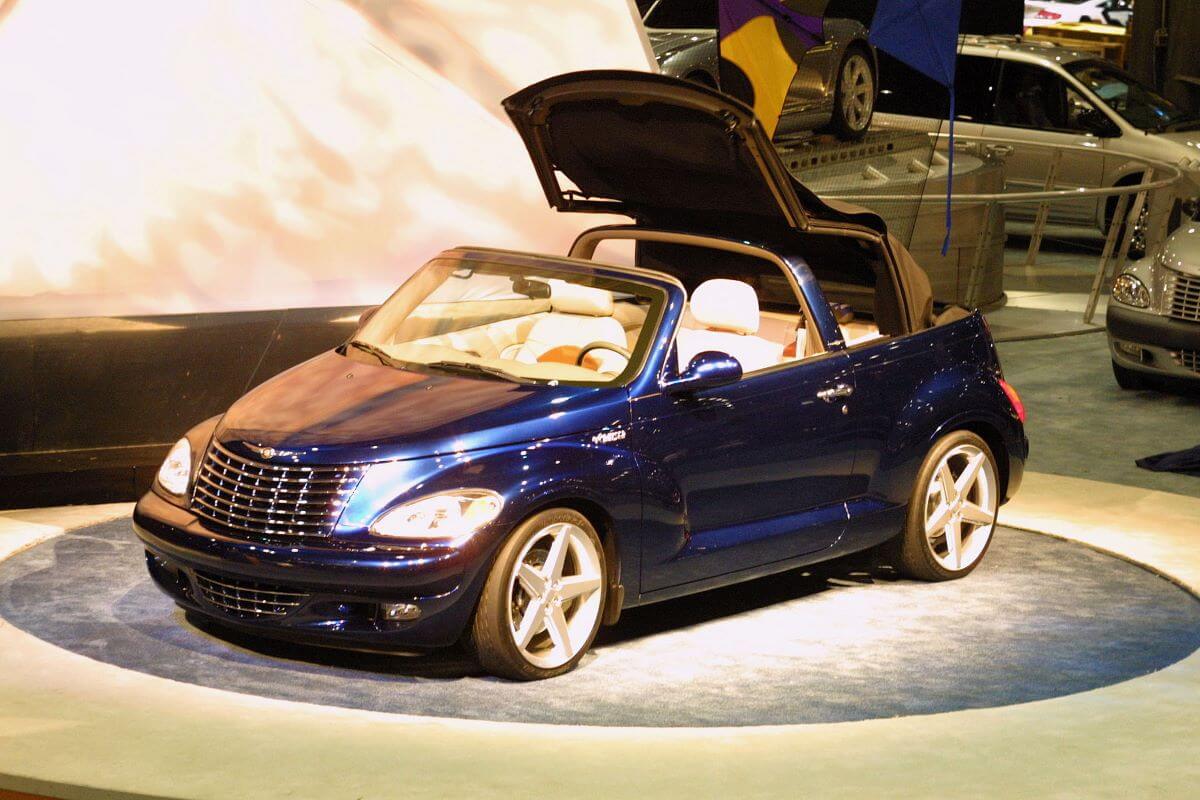
The Chrysler Model With the Highest Annual Maintenance Costs Isn’t the 300 or Pacifica
Whether buying a shiny new vehicle or a used car with signs of wear and tear, you should consider potential maintenance costs. Chrysler might be doomed, but its cars remain solid options on the used market. However, prices to keep Chrysler vehicles on the road are slightly higher than other contemporary brands. You might expect the Pacifica or 300 to have the highest maintenance costs among Chrysler models, but another car holds that dubious distinction.
Chrysler maintenance costs are above average

After studying the repair and maintenance history of 18 Chrysler models, RepairPal calculated that the average annual repair cost is $608. The site says that number is above average. However, compared to the average costs of the other 47 brands RepairPal has rated, it’s tied for the 20th-highest amount. The price can go up or down depending on the car’s age, mileage, location, and repair shop.
In total, owners reported 425 problems among Chrysler models. The most common are shifting harshness and shuddering issues related to the automatic transmission, occurring in 23 model years. (The company has since rectified the problem.) RepairPal gives the brand a reliability rating of 3.5 out of 5. That’s based on an average across 345 unique models, ranking 11th out of 32 car brands. Overall maintenance costs, an average of 0.3 repair shop visits per year, and a 12% probability of a repair being severe contributed to the score.
PT Cruiser maintenance costs are the highest among Chrysler models
Chrysler designed the PT Cruiser to invoke nostalgia for the 1930s and ’40s. And as this now-defunct compact car becomes a not-quite-cool curio for a new generation, the cost to keep one running has increased.
After reviewing the 2001 to 2010 models, RepairPal determined the PT Cruiser’s average annual maintenance cost is $641. The most expensive repairs involve replacing the oil pump ($1,079 to $1,198), brake master cylinder ($332 to $395), and brake shoes ($277 to $300). Owners have reported 17 problems, the most common being the engine and ignition shutting down.
The PT Cruiser also has had nine recalls for the following reasons:
- The rear quarter glass might fall off (2005 and 2006 models)
- Damaged front brake tube (2005)
- Power steering fluid leak (2001 through 2005)
- The clutch might fail to disengage (2003)
- Fuel leak (2001 and 2002)
- Safety seat anchor wire issues (2001)
- The instrument cluster might stop working (2002)
- Omitted child seat tether information (2001)
The 300 and Pacifica sit on different sides of the average
The Chrysler 300 and the Pacifica are the last models left in the brand’s production line. That fact ties the vehicles together, but a distance separates them regarding maintenance and repair costs.
The Pacifica comes in well below the average annual maintenance cost at only $483. The most expensive replacements are the A/C compressor ($1,204 to $1,283), transfer case shift motor ($1,022 to $1,128), and timing chain and gear set ($792 to $902). Owners have reported 13 problems, the most common being a ticking noise from the engine. It’s often caused by a broken retaining pin on the rocker arm shaft in 2004 to 2008 Pacificas. This minivan also has 27 recalls, most commonly for unintended acceleration due to unresponsive cruise control.
Used Chrysler 300s are on the higher end of the spectrum. They cost $631 annually to maintain — only $10 less than the PT Cruiser. Replacing the fuel tank ($1,944 to $2,013), steering knuckle ($1,244 to $1,296), or camshaft ($1,124 to $1,246) will hit the wallet hardest. Shuddering during gear shifting is the most common of the 21 problems owners have reported on RepairPal. (PCM/TCM updates are available to address those issues.) The 300 has had a whopping 36 recalls, one of the main reasons stemming from sluggish cruise control.


